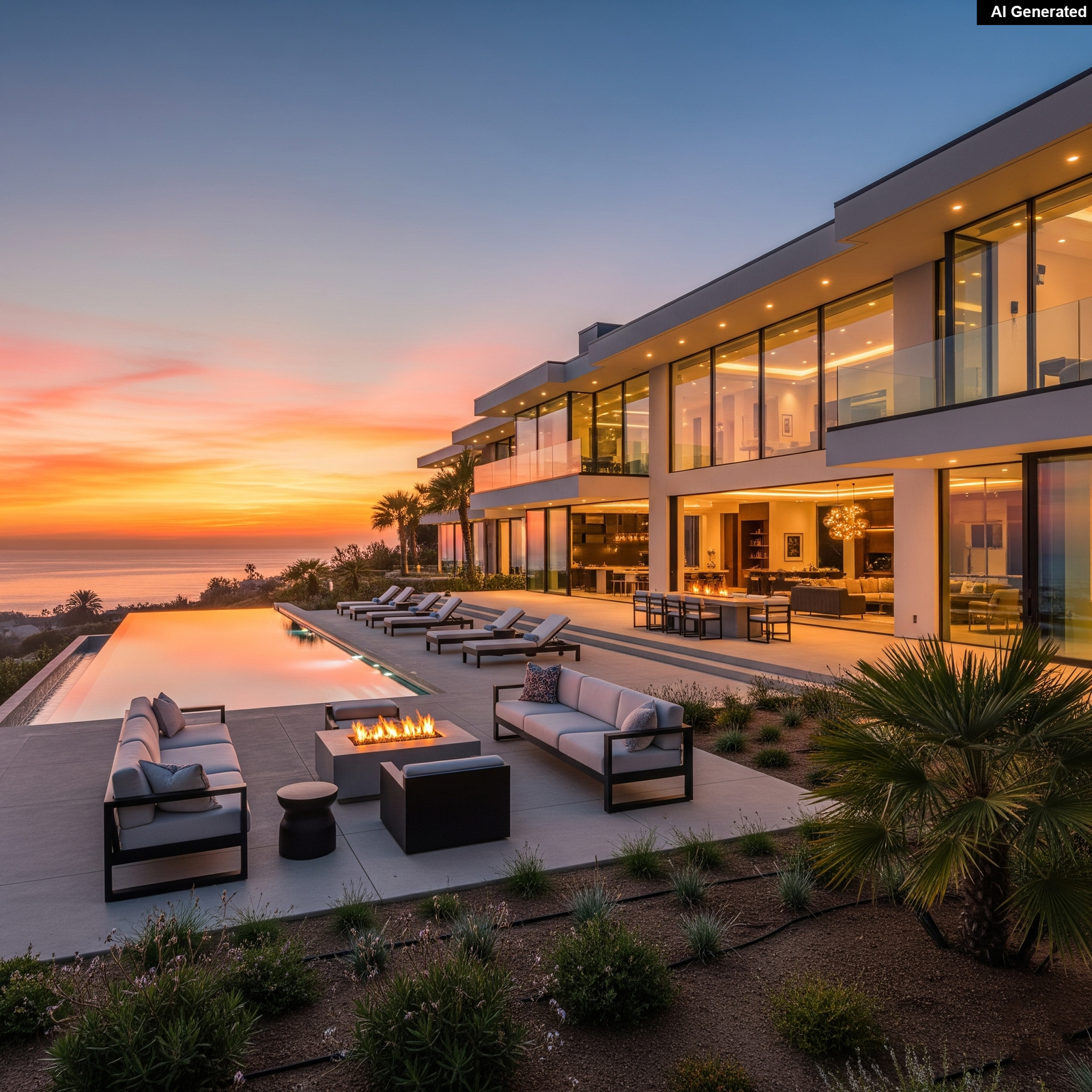
The New Era of Luxury Real Estate NCR: A Strategic Guide to High-Return Investments
Luxury Real Estate NCR: Reshaping the Landscape The National Capital Region (NCR) is currently experiencing an unprecedented surge in its […]

Luxury Real Estate NCR: Reshaping the Landscape The National Capital Region (NCR) is currently experiencing an unprecedented surge in its […]
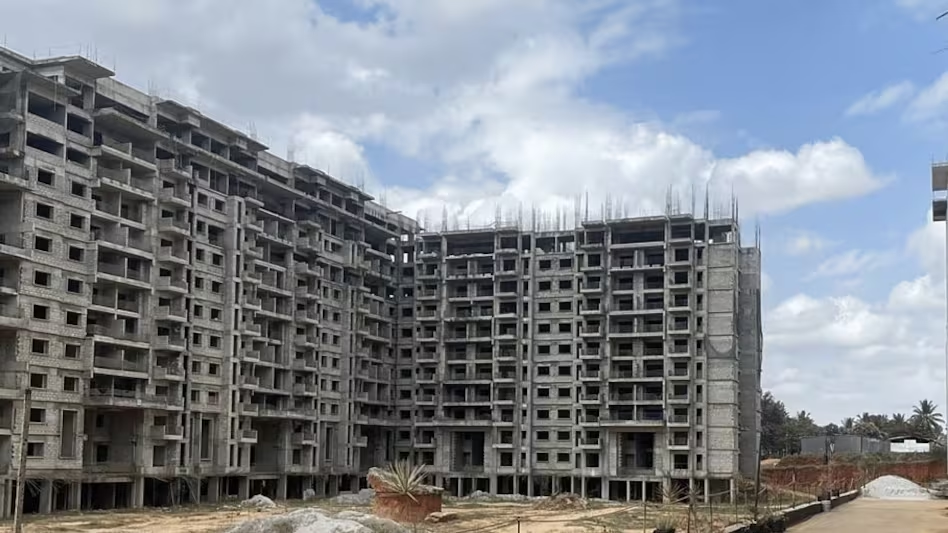
Ready to dive into India’s hot property market? Before you make a move, you need to know the hidden risks […]
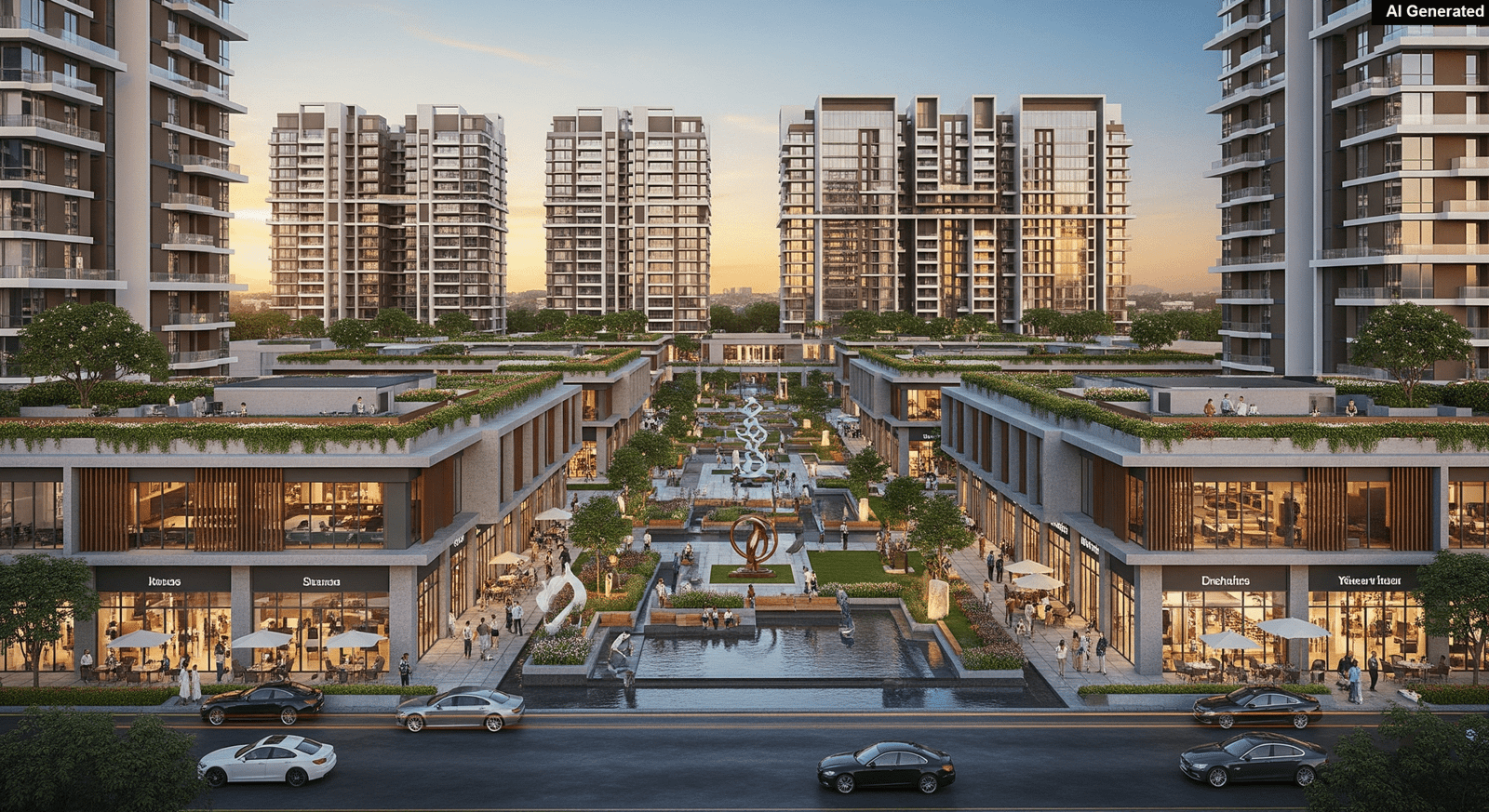
In the dynamic and competitive world of Delhi-NCR real estate, a new era is being shaped by the visionary leadership […]
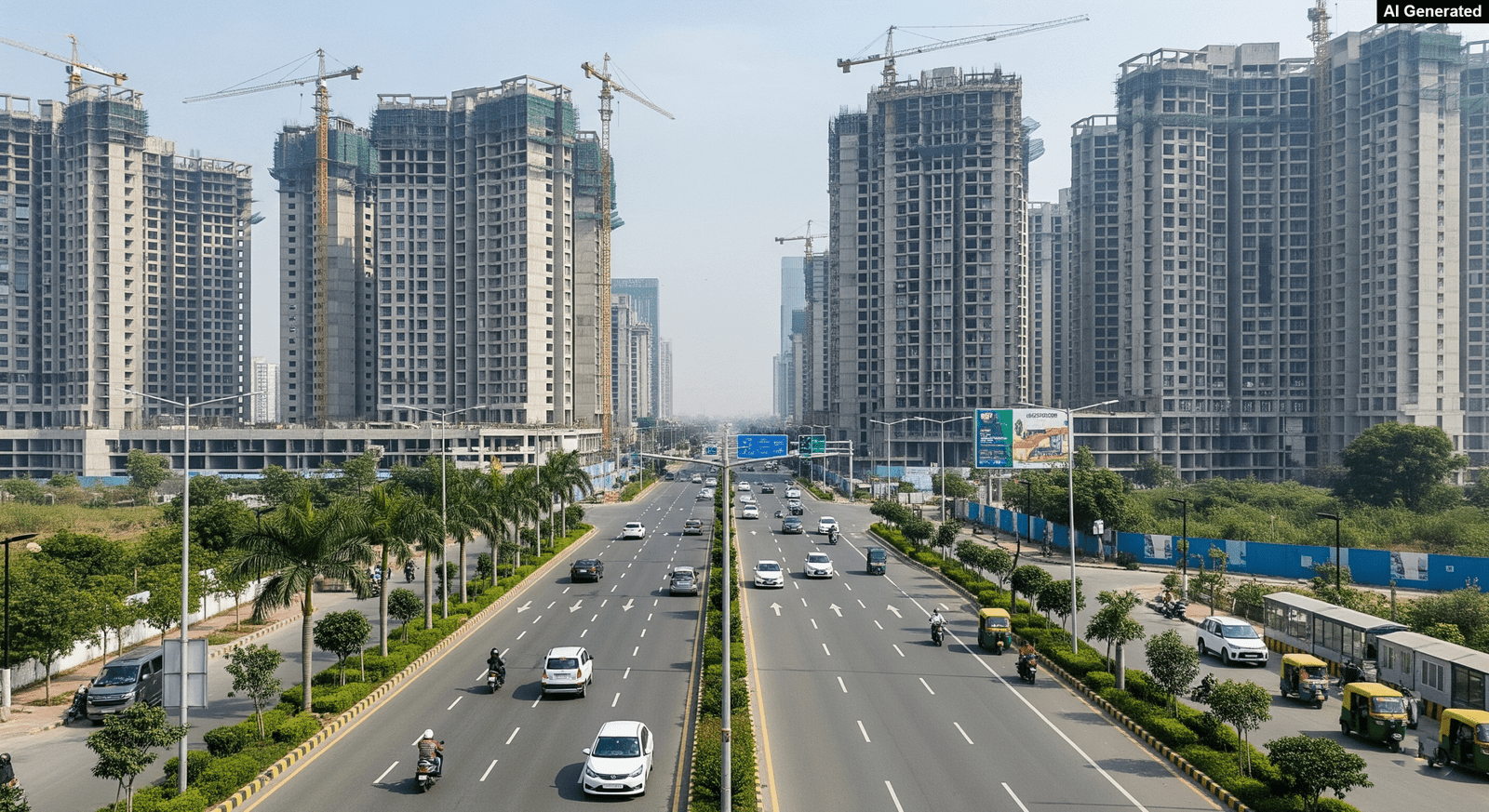
Gurugram’s Southern Peripheral Road (SPR) has officially arrived. Once an overlooked stretch, it’s now a vibrant hub for luxury living, […]
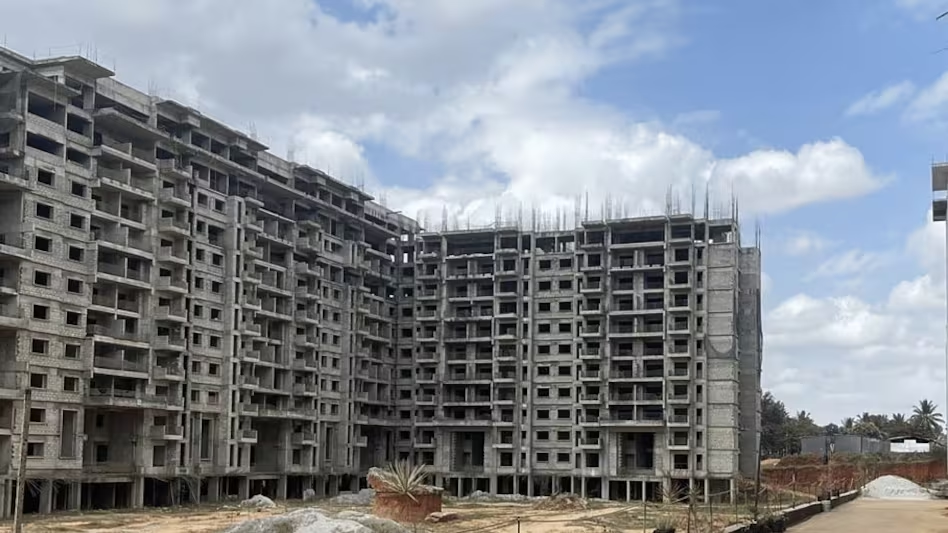
If you’re a first-time homebuyer in Gurgaon, you’ve probably noticed something unsettling: property prices have gone through the roof. This […]
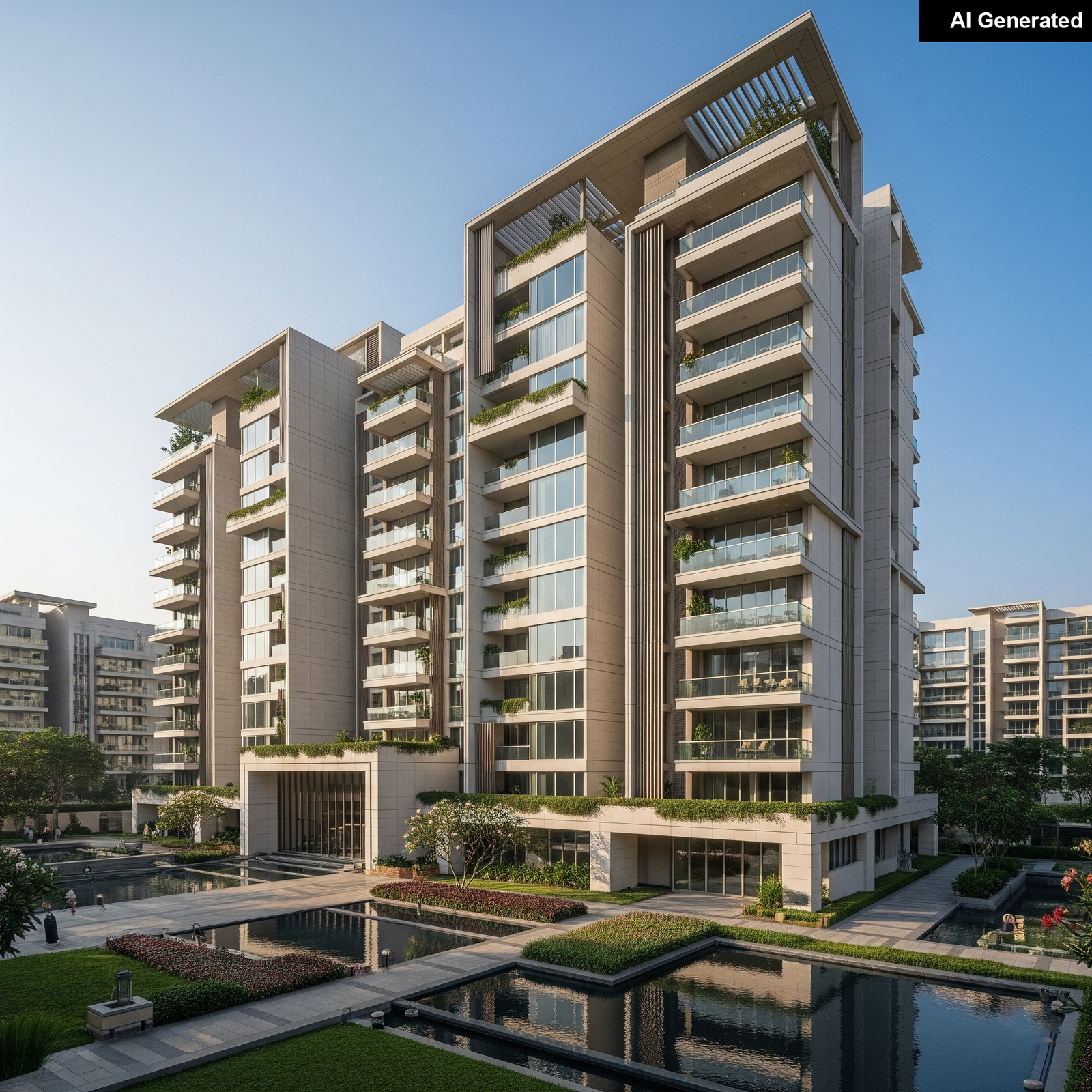
The luxury real estate market in Delhi-NCR is on fire, and it’s not just a passing trend. It’s a structural […]
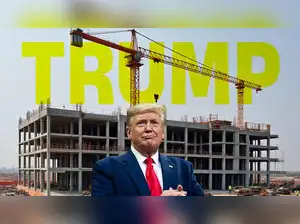
New Delhi: In a striking contrast to Donald Trump’s critical remarks about the Indian economy, his family’s real estate enterprise, […]
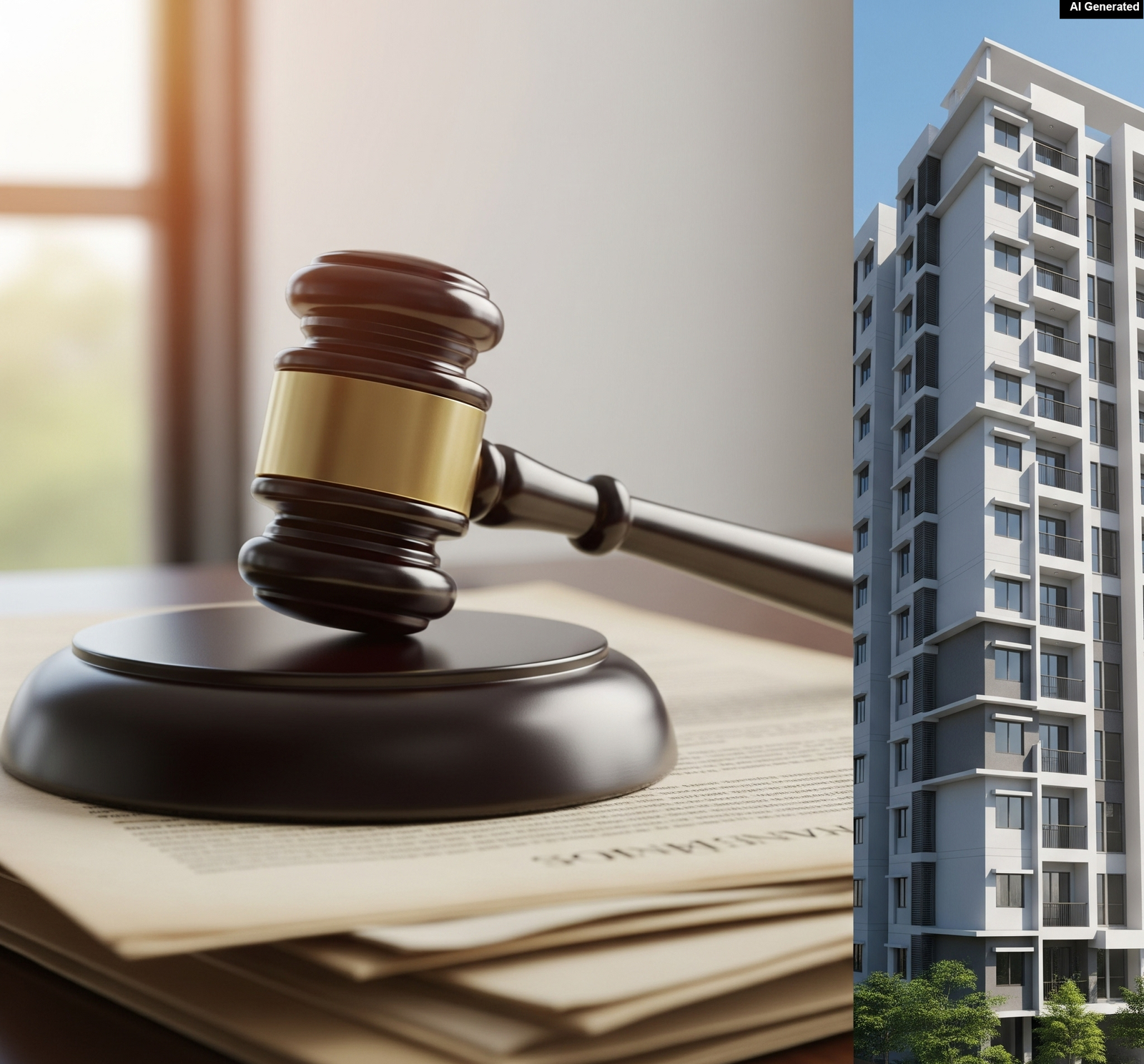
The glittering skylines of India’s major cities tell a story of progress and ambition. But behind the shimmering glass of […]
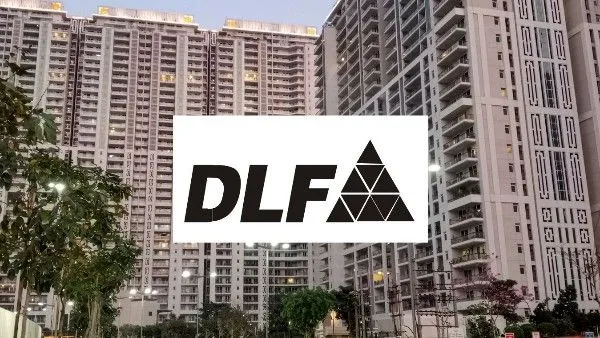
It was a classic case of “buy the rumor, sell the news” for DLF investors this week. India’s real estate […]

In a significant victory for consumer rights, Gurgaon Developer has been held accountable for a staggering four-year delay in delivering […]